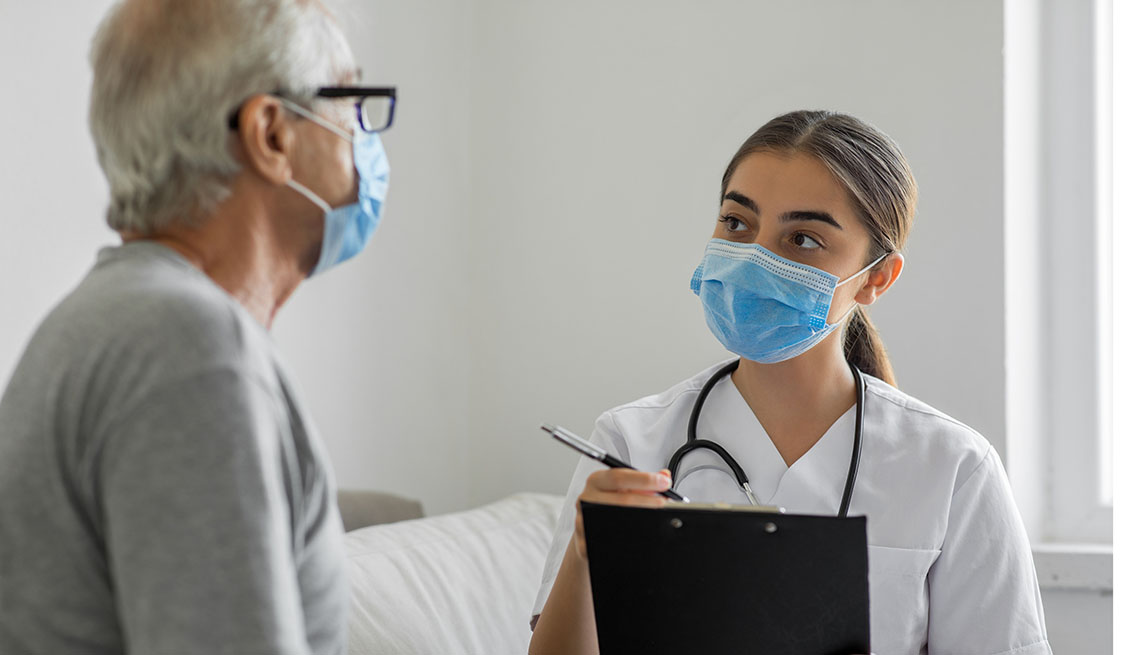
- Select a language for the TTS:
- UK English Female
- UK English Male
- US English Female
- US English Male
- Australian Female
- Australian Male
- Language selected: (auto detect) - EN
Play all audios:
WHAT A SURVEY OF PARKINSON'S PATIENTS SHOWS De León is not alone in having the pandemic and the virus wreak havoc on her physical and emotional well-being. A survey by the Michael J.
Fox Foundation of more than 7,209 patients in spring 2020 found that, among other things, those with PD who contracted COVID-19 experienced new or worsening motor and non-motor symptoms at
rates of 63 and 75 percent, respectively. The study also showed that patients with PD who didn't get COVID-19 but were exposed to the effects of lockdown and not able to participate in
their normal activities experienced exacerbated motor and non-motor symptoms by 43 to 52 percent. Caroline Tanner, a neurologist and coauthor of the survey, which was published in the
_Journal of Parkinson's Disease_ in October, says, “It is not surprising there was a worsening of motor problems. We know that when people with PD have anything happen to them, like a
[urinary tract infection], fever or the common cold, that it is not unusual to have a worsening of their Parkinson's symptoms." The worsening of non-motor symptoms, including mood
changes, “is a bit trickier” to explain. Tanner, who is also a professor at the University of California, San Francisco, says this could be due to the social isolation of the pandemic,
coupled with the fact that depression is more common in people with PD than in other people of the same age and sex. Neurologist Rebecca Gilbert, vice president and chief scientific officer
for the American Parkinson Disease Association, says, “It's very clear that PD is more than just a movement disorder. It also affects many, many other parts of functioning, including
mood disorders, sleep disorders, problems with bowel and bladder function, and blood pressure and more. So when a medical illness gets layered on top of that, you can see a worsening of a
wide range of potential symptoms from movement to mood problems.” Nelson Hawk, 71, from Lawrenceville Georgia, has been living with PD since 2014. When the pandemic hit, he says it affected
all of his strategies for managing his condition — a combination of exercise, social activities and nutrition. As he explains, he couldn't go to the Y to exercise, he stopped eating out
with friends and he couldn't shop for the food he prefers. He contracted the coronavirus in July. At first, Hawk was tired and sleepy and felt achy all over, as though he had the flu.
Then he lost his sense of taste and smell and didn't feel like eating anything. When he decided to just focus on taking his PD medications and drinking liquids, he was so exhausted he
often forgot his pills. His weight dropped more than 35 pounds in just one month.


